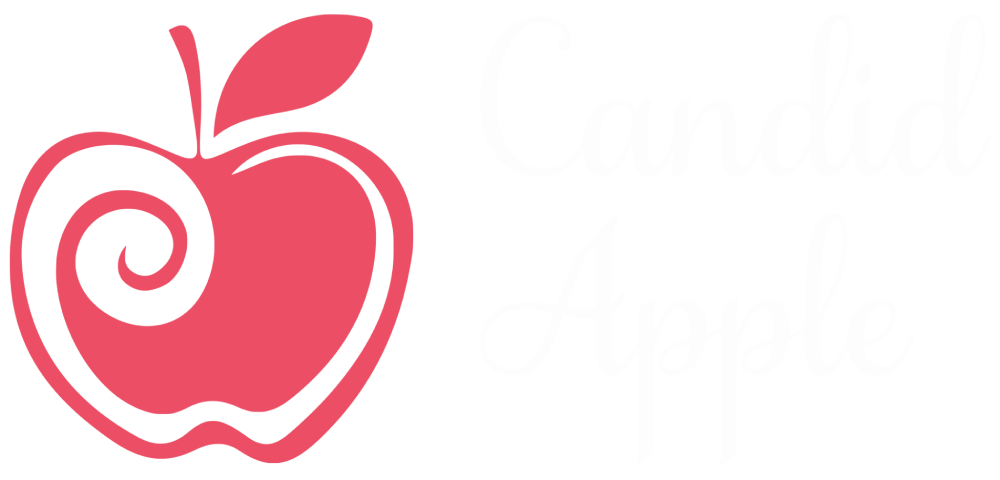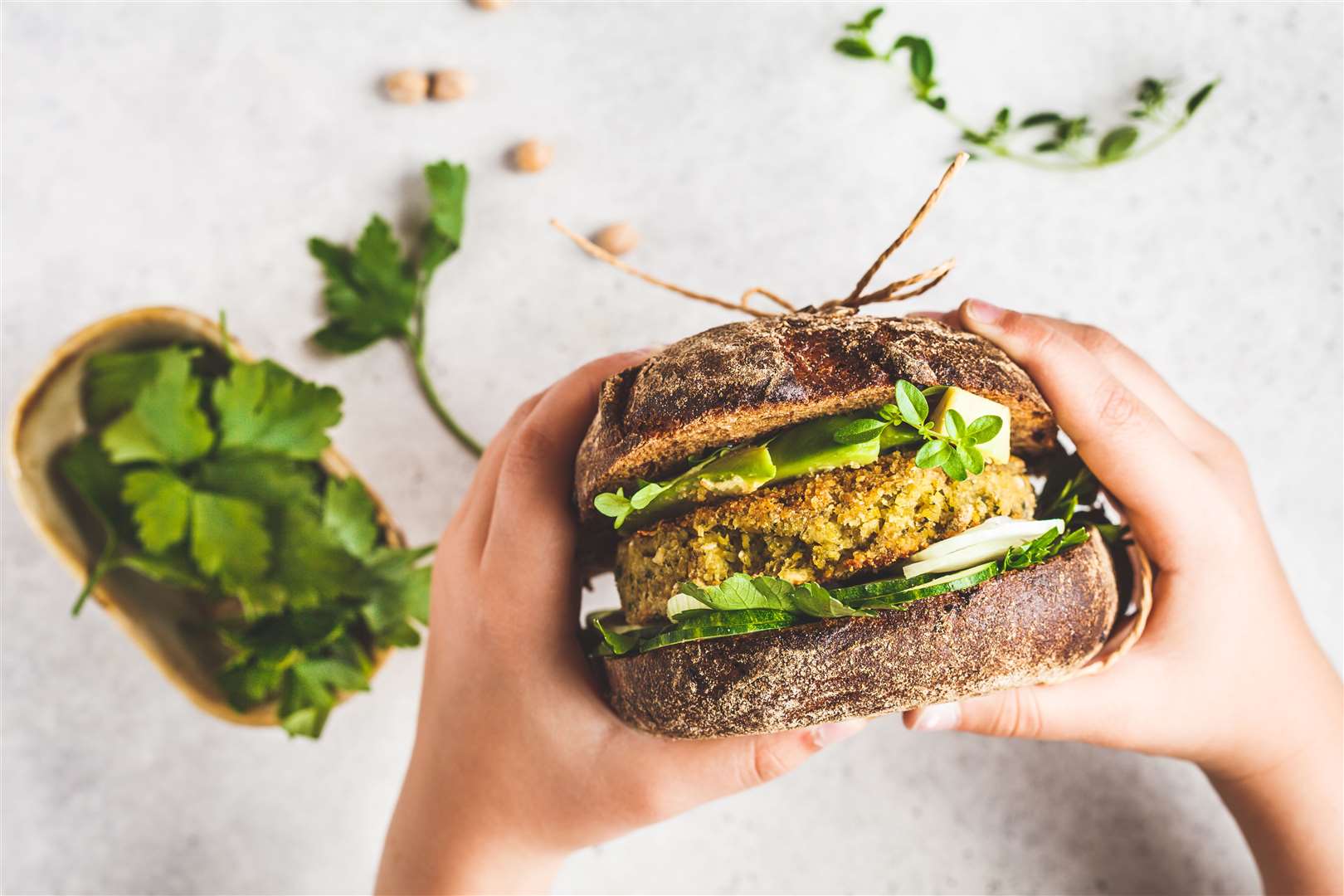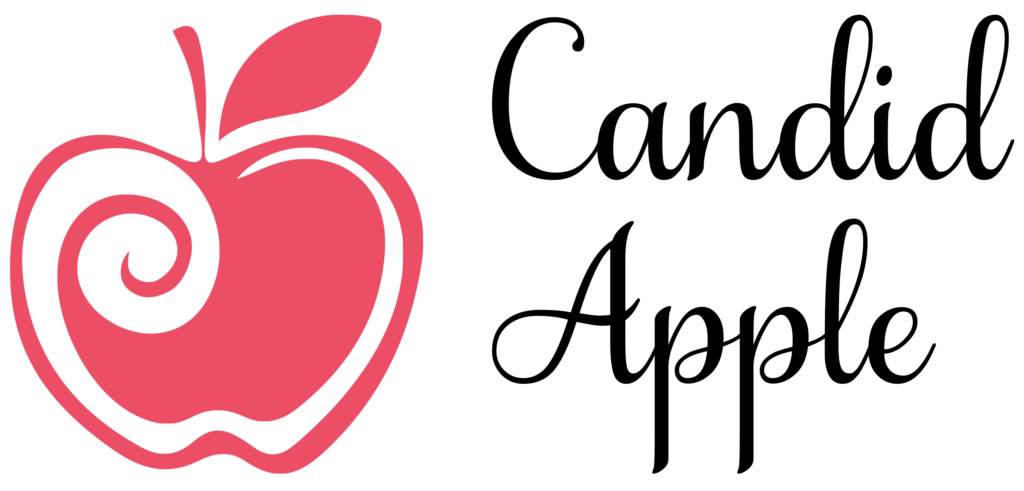Veganuary? Think again
Thinking about going vegan? Think again.
Veganuary has become a thing, like most nutritional fads, this one can be dangerous if continued long term.
If you are going to go vegan for a month, unless you do it perfectly with a huge variety of whole foods and supplementation, be prepared for reduced energy, fatigue, poor memory, and possibly even flu-like symptoms. Basically, you’re looking at a month of feeling like you spent last night slamming down Fireballs and boxed wine. And if you’re looking to do it for the long-term, may God, or whatever you believe in, have mercy on you because your nutrient deficiencies are going to multiply like Catholic rabbits and that’s when the real trouble begins…
Veganism is the latest Kardashian-esque craze in our society, becoming not just a diet but a crusade in the minds of many. Besides Veganuary, The Game Changers was immaculate at being persuasive, but we can all agree that “being persuasive is not the same as being accurate or true” – thank you Chris Kresser for that one liner. If my husband and I could continue to be as healthy and fit as we are while also saving animals from harsh conditions, we would. Being an animal lover, you’d be shocked at the number of rescued animals that I own and care for. I even overheard a friend once say, “when I die, I want to come back as one of Kerri’s pets.”
Here was one of my beloved pets – Sparkle Banana Pancakes enjoying Lake Life.

Nevertheless, I prefer to make a statement by buying responsibly raised meat and produce. And hey-ho, vegans, that’s right, you too have a responsible purchase decision to make as conventional produce is sprayed with loads of glyphosate and has to be flown from all over the world in order to find the fruit cocktail we find in the produce aisle, and create the endless supply of imitation meats and processed foods you desire. What does this cause? Emissions, pollution, the burning of fuel etc.
Are you picking up what I’m putting down? We all need to be responsible.
However, I would argue that making a statement such as going vegan, is also not responsible for our bodies. Bottom line, as a registered dietitian in a clinical setting who understands food properties, I have observed that vegans are prone to deficiencies due to their diet of foods low in Vitamin B12, Calcium, bioavailable Iron and Zinc, long-chain fatty acids EPA and DHA, fat-soluble vitamins like A and D as well as important nutrients like Choline, Taurine, Glycine, Methonine, Creatine, and Selenium. Chris Kresser, who I received my intensive training from, lays it down here.
Or for the nutrition short story…
B12: You can’t get B12 from seaweed, fermented soy, spirulina, and brewer’s yeast because these plant foods contain B12 analogs (cobamides) not real B12, which then actually block the absorption of B12, thereby further increasing your need of B12. Ugh, right?! 92% of vegans are deficient in B12 compared to omnivores – Data don’t lie
Calcium: All vegetables require many servings (for instance 33 cups of raw baby spinach) to get the same amount of usable calcium in a single serving of milk, cheese, or yogurt. Thus meeting your daily calcium requirements from plant foods alone is a terrible strategy. If you don’t tolerate dairy well, sardines or any fish with edible bones will do the trick seamlessly.
Iron: Bioavailability of iron in plant foods is way lower than that found in animal foods. In addition to that, many substances which are used commonly inhibit iron absorption like calcium products, ie supplements, dairy (it’s why I tell my patients not to take their multivitamin with milk or to take their iron supplement with anything high in calcium – it won’t absorb), coffee, tea, and even supplemental fiber. Vegans (and vegetarians) have been found to have reduced absorption of iron found in plant foods by 70-85%. For the long-term, this means your storage of iron (ferritin) will be low, likely very very low. Hello fatigue, headaches, weakness, dizziness, irritability…sound fun yet?
Zinc: Many plant foods containing zinc also contain phytate which can block the absorption of nutrients, and specifically zinc.Even vegetarians have been shown to require 50% more zinc than omnivores.
EPA and DHA: This one is close to the most important – A quick nutrition 201 – EPA and DHA are essential (meaning we need to obtain them from our diets) long chain fatty acids which are converted from ALA (alpha-linolenic acid). They are those protective omega-3s that everyone bows down to for their amazing therapeutic effects against many diseases including cancer, Alzheimer’s, autoimmune diseases, cardiovascular diseases, the list continues…Ok, so the conversion of EPA and DHA requires the above nutrients which we’ve already discussed that are hard enough to absorb, much less hang around for proper conversion of ALA to EPA and DHA. Because the conversion is so inefficient from plant based foods, vegans are looking at only 5-10% conversion from ALA to EPA and 2-5% for DHA study here. According to the current suggestion of EPA and DHA intake (250-500 mg), doing the math, vegans would need to be consuming 5-12.5 GRAMS/day of ALA for sufficient conversion to EPA and DHA when studies show that most vegans consume 0.86 g/day study here. For me and my family, we will choose to eat 12 oz/pp/week of our cold-water fatty fish for EPA and DHA.
Vitamin A: Oh wait, this one might be the most important – Plants do not contain vitamin A. They contain the precursor, beta-carotene. Again, you probably guessed it, the conversion process is inefficient. This is where doing the vegan diet perfectly comes in because you really need multiple servings of a quite a few different veggies to meet the US recommended daily allowance for Vitamin A which is important for great looking skin, a healthy immune system, eyesight (your mom told you that one), and fertility.
Vitamin D: Wait. Yes, this one is the most important. No, you absolutely cannot source and then eat on a daily basis enough of those rare, hard-to-find, vitamin D-rich mushrooms.
Gonna speed the nutrition short story up…
Choline: Found solely in eggs and organ meats. Even omnivores are deficient in this!
Creatine: Throw brain health and memory out the window if you aren’t consuming meat or supplementing with creatine.
Taurine: Also toss mental and neural health since vegans have been found with low plasma taurine levels.
Methionine: Better believe it, on average vegans tended to have much higher homocysteine levels than vegetarians and omnivores putting them into a category for significant risk of cardiovascular disease. This is likely due to methionine not being able to be converted back to methionine once it has donated its methyl group because the body lacks B12 and a choline derived nutrient in order to do so
Glycine: Also helps balance methionine levels, so without glycine which stimulates glutathione (the antioxidant God) production, your homocysteine levels may continue to climb. Drink your bone broth!
Despite these well-supported findings, vegans claim that theirs is the healthiest diet out there. Au contraire, mon frère.
Veganism does not equate with healthy eating. It simply means no animal products (and passing on those incredibly sexy, knee-high Frye leather boots you tried on). Typically, unless you are an exception among the vegan population, it does not mean keeping away from the processed crap food that permeates so many diets.
I’ve seen many vegans who come into my practice who are downright squishy because they are consuming so many fake, processed convenience foods that happen to fall into the vegan category. The average Tom, Dick, Harry, Betty, Sue or Trish are not some vegan athlete (who likely wasn’t raised vegan), who doesn’t train like an athlete does, and who doesn’t follow that aforementioned perfect veganism with supplementation, will not look or operate as a trained vegan athlete. I digress. What I’m getting at is if you are a non-athlete trying to lose weight or get healthier, veganism is NOT the “diet” for you, nor the lifestyle. (Speaking of lifestyle, has Tom Brady tried to get a vegan “leather” football in the game? Hmm. Ok, so I’m good at digressing.)
The truth is, if you want to be healthier, take out the big processed foods – added sugar, artificial sweeteners, preservatives, colorings, fillers, and chemicals. You wouldn’t believe the number of vegans who consume things like imitation meats, airborne supplements, soda, and bagged snacks. Of course this is likely not what the vegan advocates are wanting for society, but their message is truly coming out wrong. They probably cringe when they have to say no I mean, raw vegan. Just like I cringe when I have to say eat real, whole food. When did it become necessary to clarify that? It’s pretty logical…if you can’t look at a piece of food and determine what’s in it then it’s not good for you. The true message isn’t there which is stop eating crap and eat healthier, which I won’t leave you hanging…keep reading!
It’s true our produce today is less nutrient dense than it was years ago because of depletion of nutrients in the soil. My dad, David White, was the Chief of the Natural Resources Conservation Service under President Obama. We are big on the environment. And, less nutrient dense produce means you have to be really selective about what you put in your mouth these days to ensure your total caloric intake is as nutrient dense as possible. To do that on a carnivorous diet is hard enough, much less taking out the most nutrient dense food items in your diet – meat and fish! (Cue the school-girl scream of terror.)
I would never ever ask the standard American to go vegan because he, she or they will likely continue to eat or eventually go back to eating convenient vegan foods like Doritos, tater tots, oreos, Monster Energy drinks, sour patch kids, Red Bull, “chicken,” “breakfast sausage,” “burgers,” “cheese,” or other imitation meats that need the word beyond in front of it – SWEET SASSY MOLASSEY PEOPLE, WAKE UP! That is fake chemically processed garbage you are putting in your mouths! If your food needs quotes around it, to mimic something, by golly midaswhale be mystery meat. In fact, indeed it is that – mystery meat, worse than what the lunch lady served up on your second grade meal tray covered in gravy; worse than the 1980s microwavable TV dinners – at least at that point there wasn’t the number of chemicals in our food that there is today. Eat like the list above and that’s a ton of glyphosate laden soy, artificial flavors, gums, preservatives, artificial sweeteners (which by the way are not approved for children, yet sucralose lurks in these products and also in their vegan dissolvable probiotics). Cripes!
Organ meats, other meats, and shellfish are among the most nutrient-dense foods you can eat. Certainly, do not replace them with foods needing quotations around them!
What we need to do as a society is to start LABEL READING or better yet – don’t eat anything which requires a label. Take out the chemicals and preservatives from your diet. How? Don’t eat anything from a package or bag OR don’t eat anything that you can’t verbally produce a pronounceable ingredient list of what it exactly contains.
Drum roll, here comes your how to.
Start small with diet changes – I like to follow an adaptable Paleo template including foods from the following groups and choose local, organic (I know, Alaskans…just do your best), grass fed, free range, and wild caught when possible. Choose responsibly: (in the functional medicine world, I would exclude some foods below for people with certain issues, but that’s very individual and diagnosis specific).
Here’s the list of what to eat for the standard American:
– Fresh Vegetables
– Fruit (mostly berries)
– Lean protein from meat, chicken, turkey, eggs and fish (organ meats if you are interested in really beefing up your nutrition, pun intended)
– Healthy Fats: extra virgin olive oil, macadamia nut oil, avocado oil, coconut oil, grass fed organic butter or ghee, olives, avocados, and fatty fish (wild sardines, salmon)
– Starchy vegetables: sweet potatoes, winter squashes (use these to replace those over-processed grains like spaghetti noodles and breads)
– Nuts and seeds (walnuts, pecans, almonds, macadamia nuts, pistachios, cashews, pumpkin seeds, sunflower seeds, etc)
– Organic dairy and cultured dairy from A2 cows (the 67th chain of the protein differs in A1 vs A2 milk – it is a proline versus a histidine protein and our bodies break that part off differently from the rest of the milk protein compound, the detachment of the compound off of that 67th protein is inflammatory in A1 cows, but not A2. So choose milk from Guernsey, Jersey, or Icelandic cows) of course dairy, if you tolerate it, like all other things eat in moderation
– >80% dark chocolate (that’s a food group right?)
– Limited grains and legumes– on occasion, I do use gluten free oatmeal, basmati or Jasmine rice (lowest arsenic and Mercury levels), and quinoa.
Now what to avoid:
– gluten
– soy
– added sugar
– artificial sweeteners
– preservatives
– food coloring
– ingredients you can’t pronounce or know what are
– anything in a package that contains more than 5 ingredients
– seasoning packets
– drinking calories (for instance don’t overdo it on juice, don’t order Starbucks drinks with loads of pumps of flavoring – ick!, don’t drink cocktails that are loaded with sugar, smell what I’m cooking?)
Oh and one more thing – life isn’t all about diet and following rules to a T!
That’s why there is the oh so popular 80/20 ratio – 24 out of 30 days doing what’s healthy (I did the math, elbow drop, boom) and the other 6 of those 30 days, letting loose a little and enjoying life without strictness. Note- I did not use the term “cheat day!” Don’t use that term, “cheating” invokes feelings of guilt and it’s more like a FREE day or a free meal. (Now, if you have a chronic illness, have an autoimmune disease, or just plain out of shape use the 95/5 rule (I just made that up – where 28 out of 30 days on point) as you grab that journey to healing by the neck and force yourself to health.
I am a strong believer that knowledge is power and knowledge + action is superpower! The more one knows about what they are eating, the more prone they are to make better decisions everyday. As one becomes familiar with how fantastic their body feels when they are eating the way they should, sleeping/recovering the way they should, exercising/moving the way they should, have in place stress management techniques and time for leisure the way they should, then it is very difficult to fall back into old habits, old ways.
I call it the clean windshield theory:
If you have a Jeep Wrangler-mud sliding-rock climbing-like dirty windshield on your vehicle, and you hit a bug or get an additional speck of mud on it, you won’t even notice, and it will continue to be extremely difficult to see through. However, how easily do you notice a speck of dirt on a clean windshield?! Our bodies are just like this.
*Treat your body with care in every aspect, and it will return the favor; EVERYONE has the ability to feel energized, strong, focused, motivated, at ease, and healthy.*
So, if you are going to participate in Veganuary, then do this:
- Focus on Healthy fats (fish, sardines, healthy oils) February
- No preservatives, chemicals or artificial sweeteners March
- Appropriate portions April
- Gluten Free May
- No added sugar June
- 6+ cups of greens/vegetables a day July
- No processed meat August
- Soy free September
- Organic food October
- Home Cooked (baked or roasted), planned and prepared food ONLY November
- Put it all together December (minus Veganuary)






